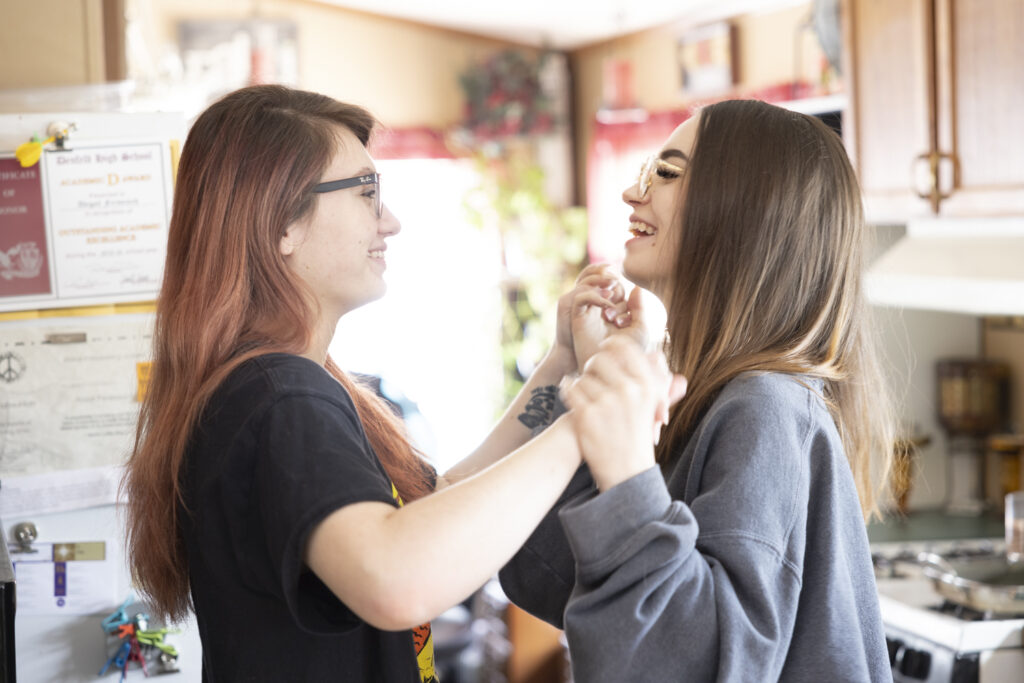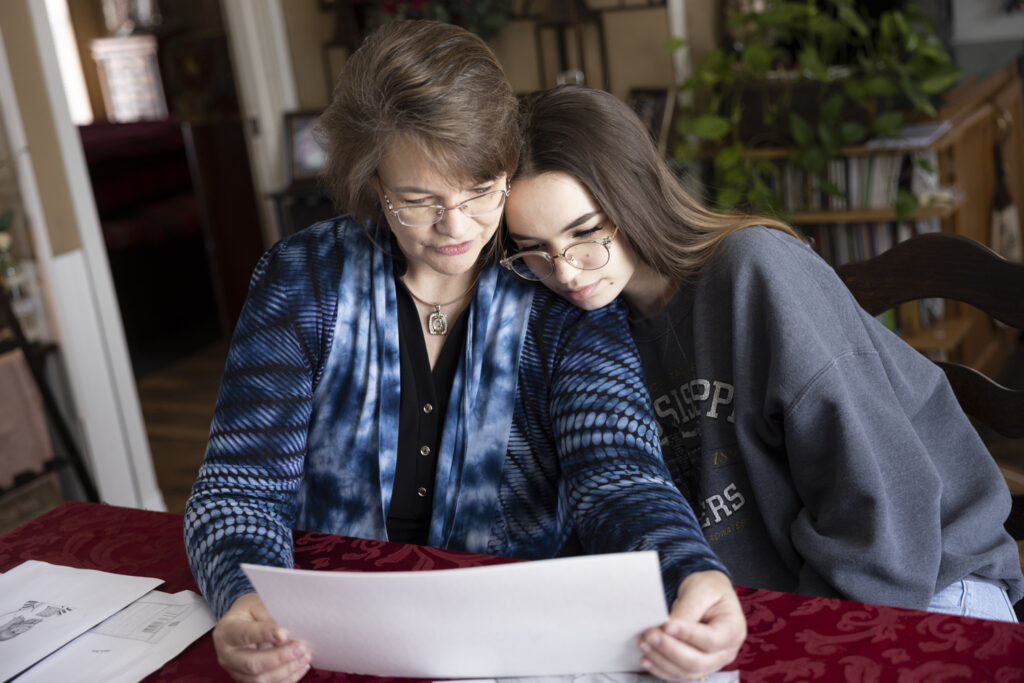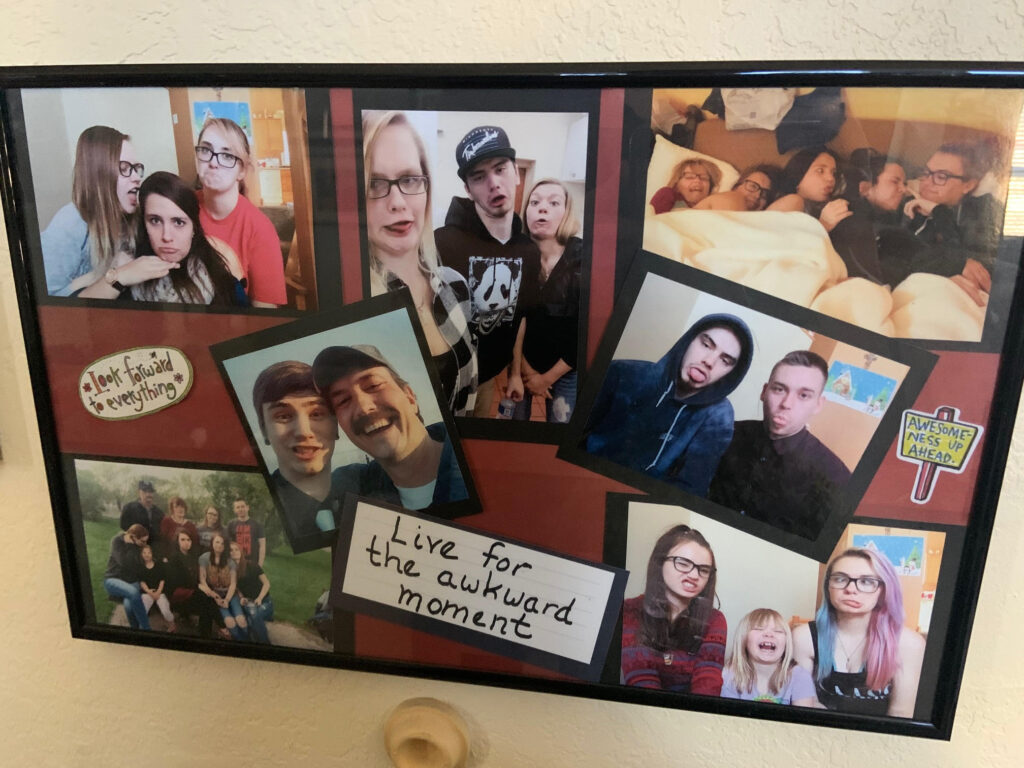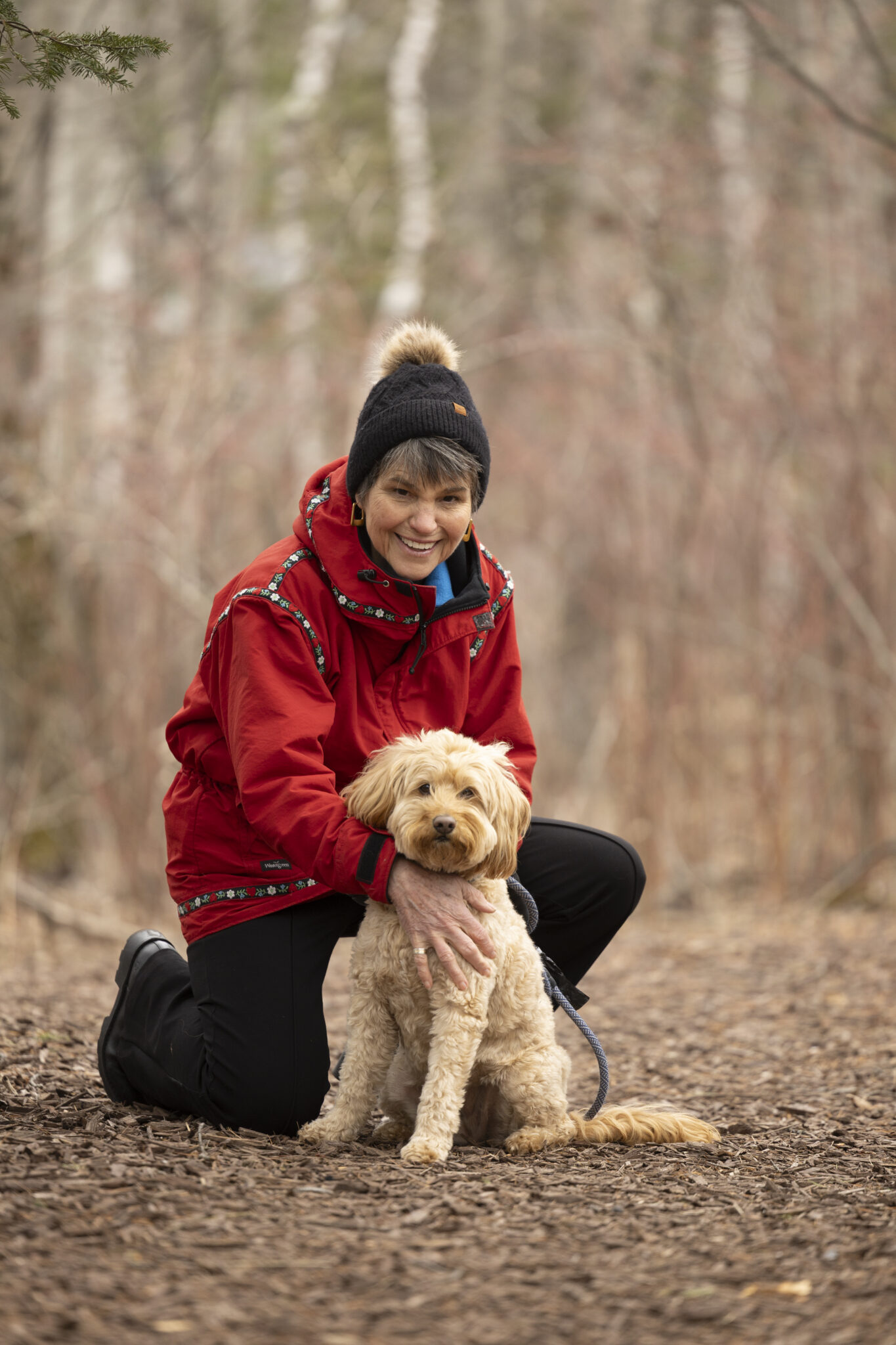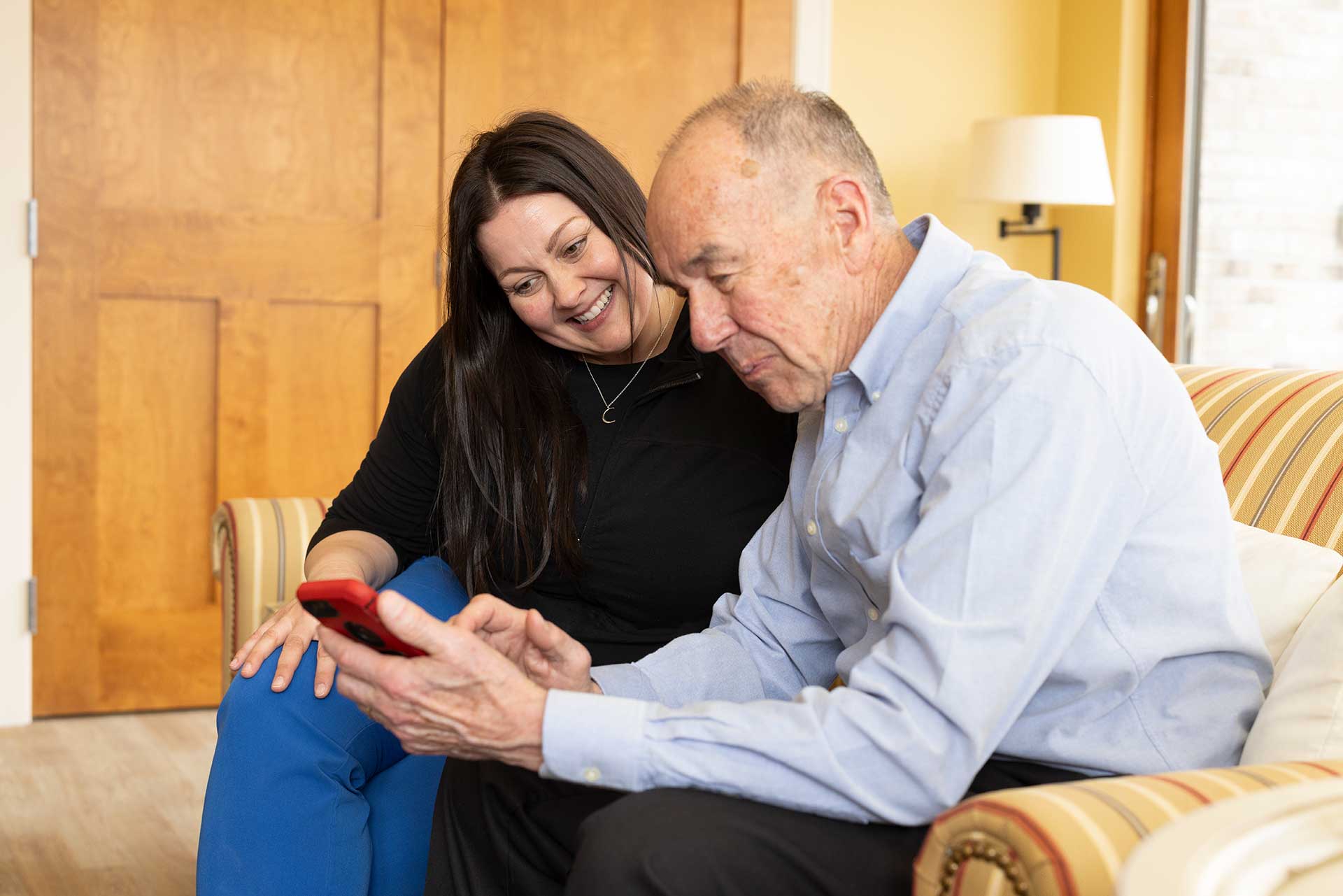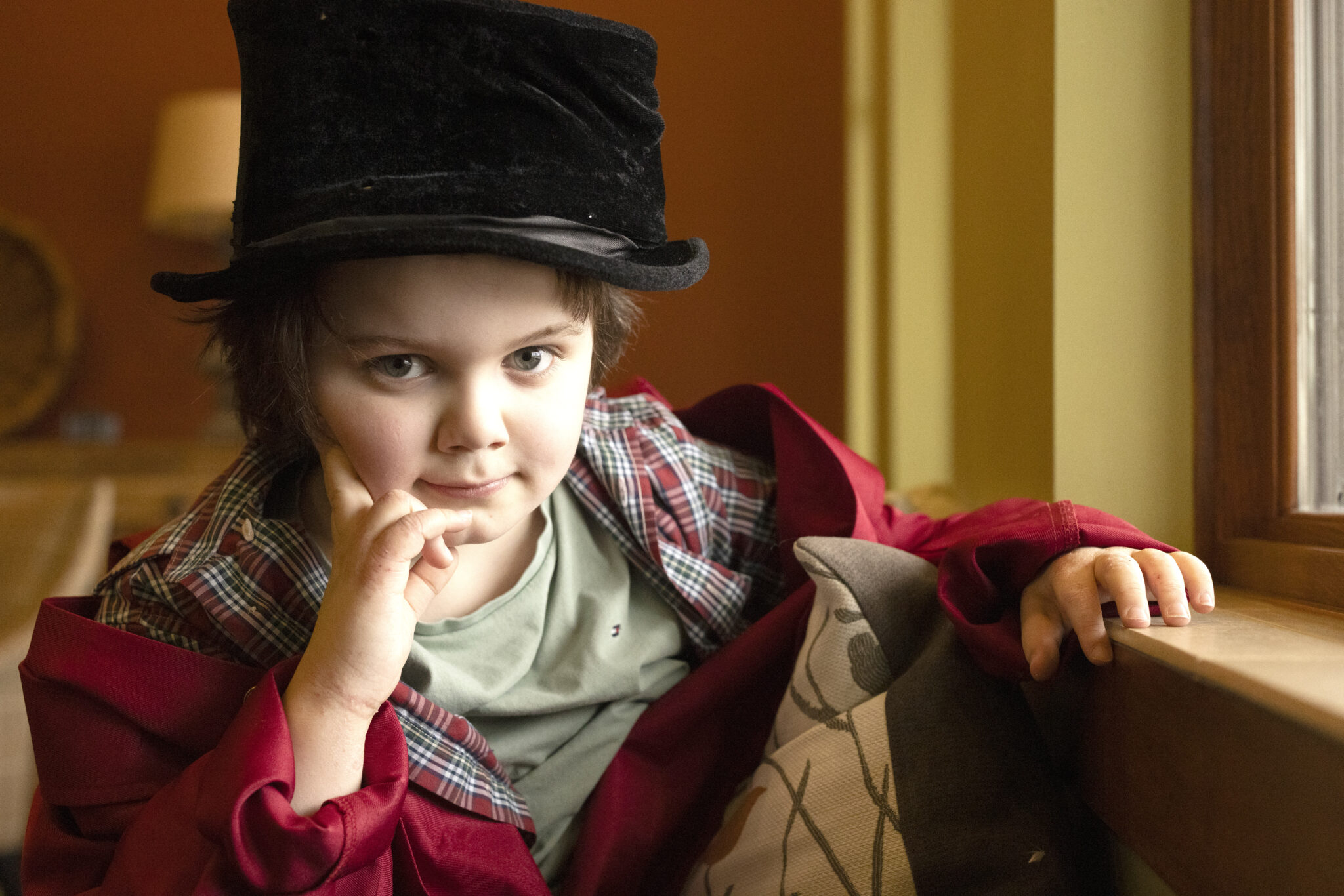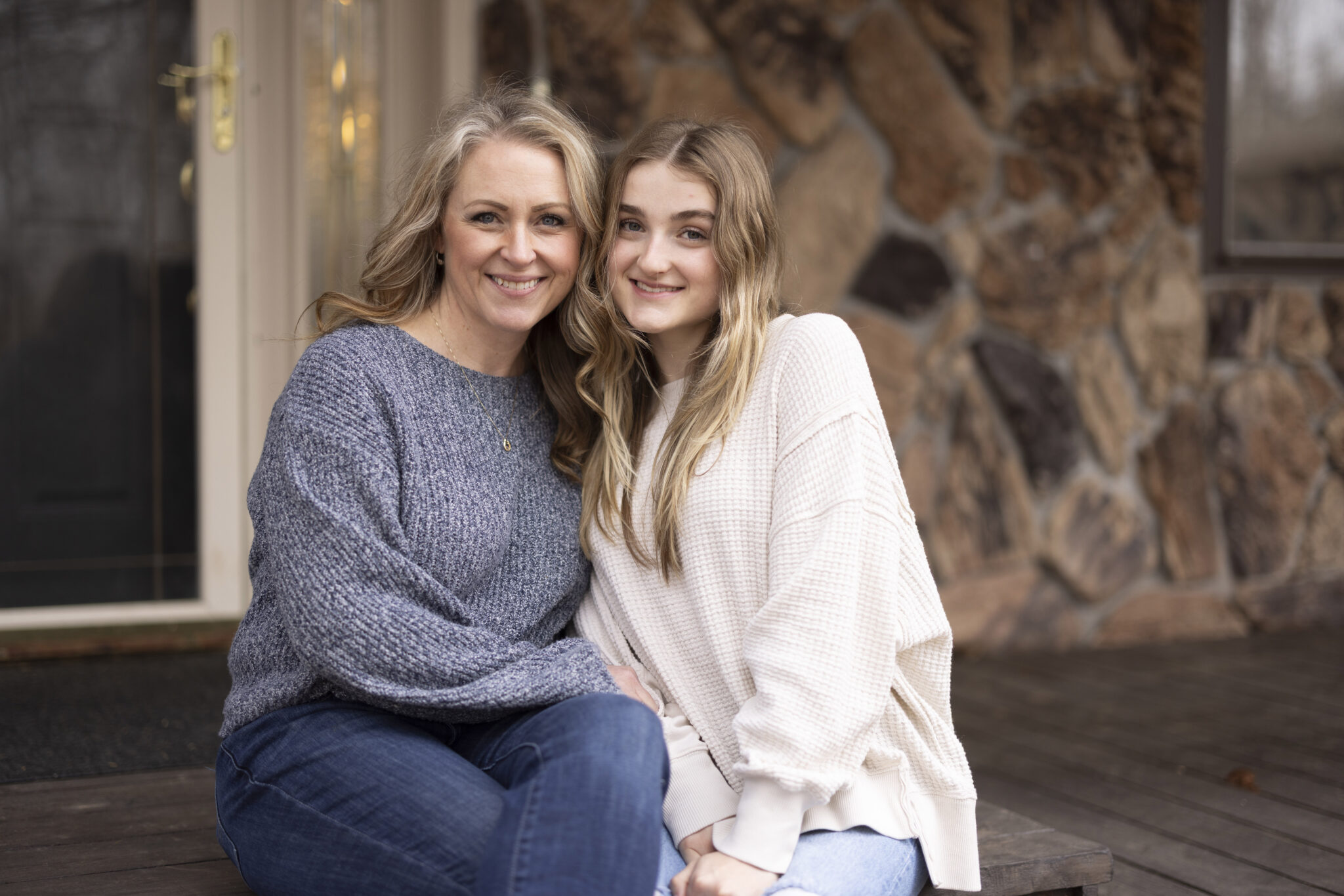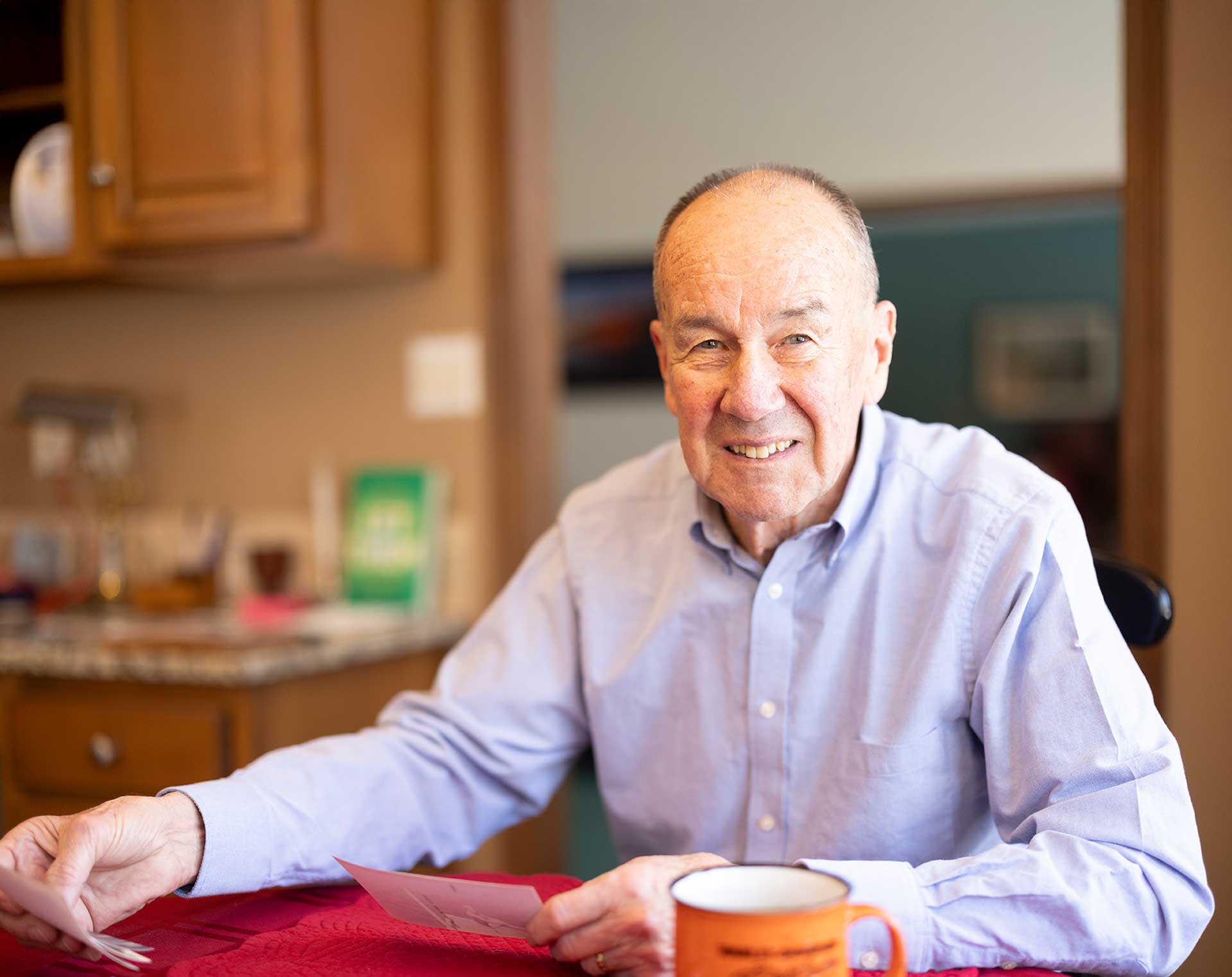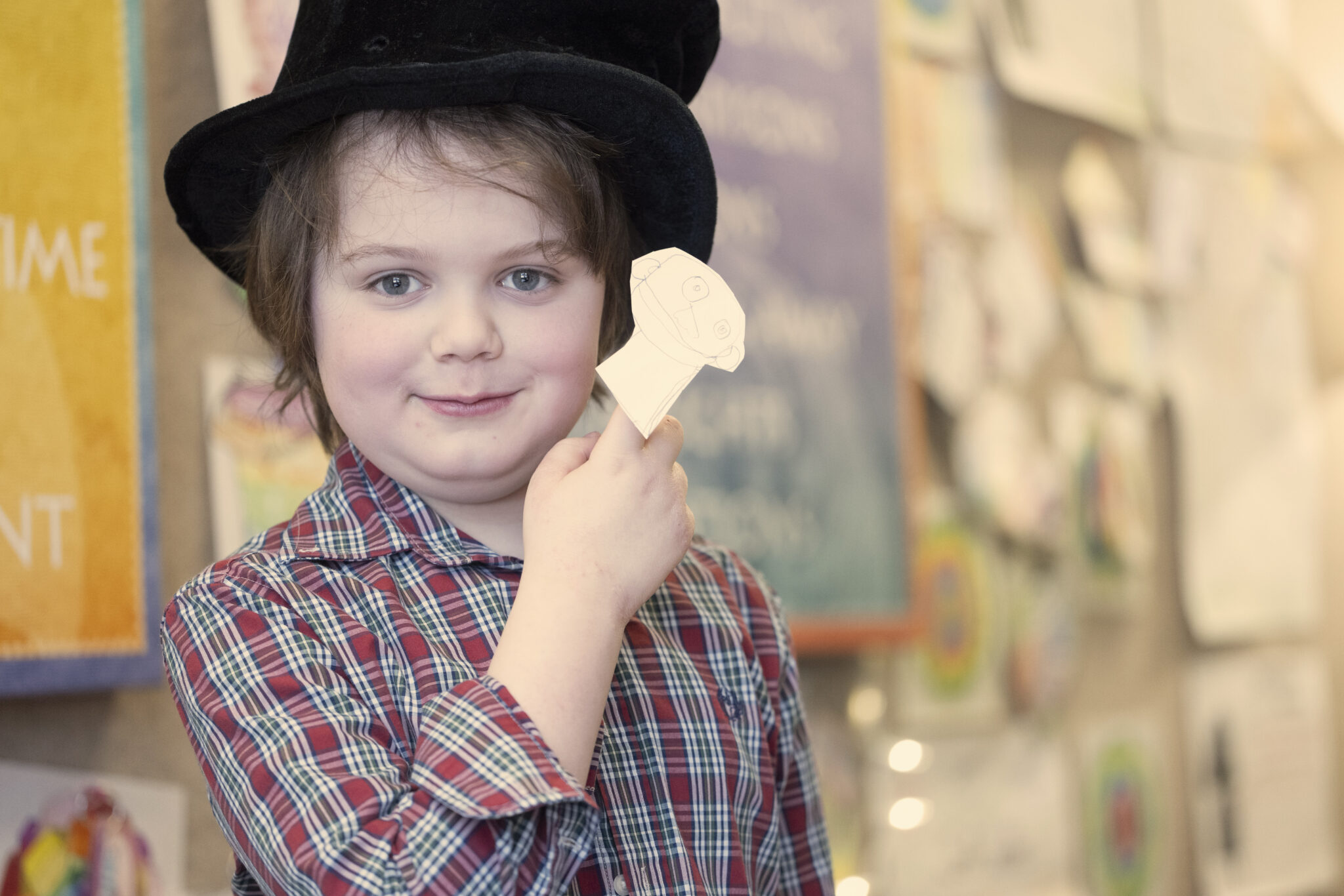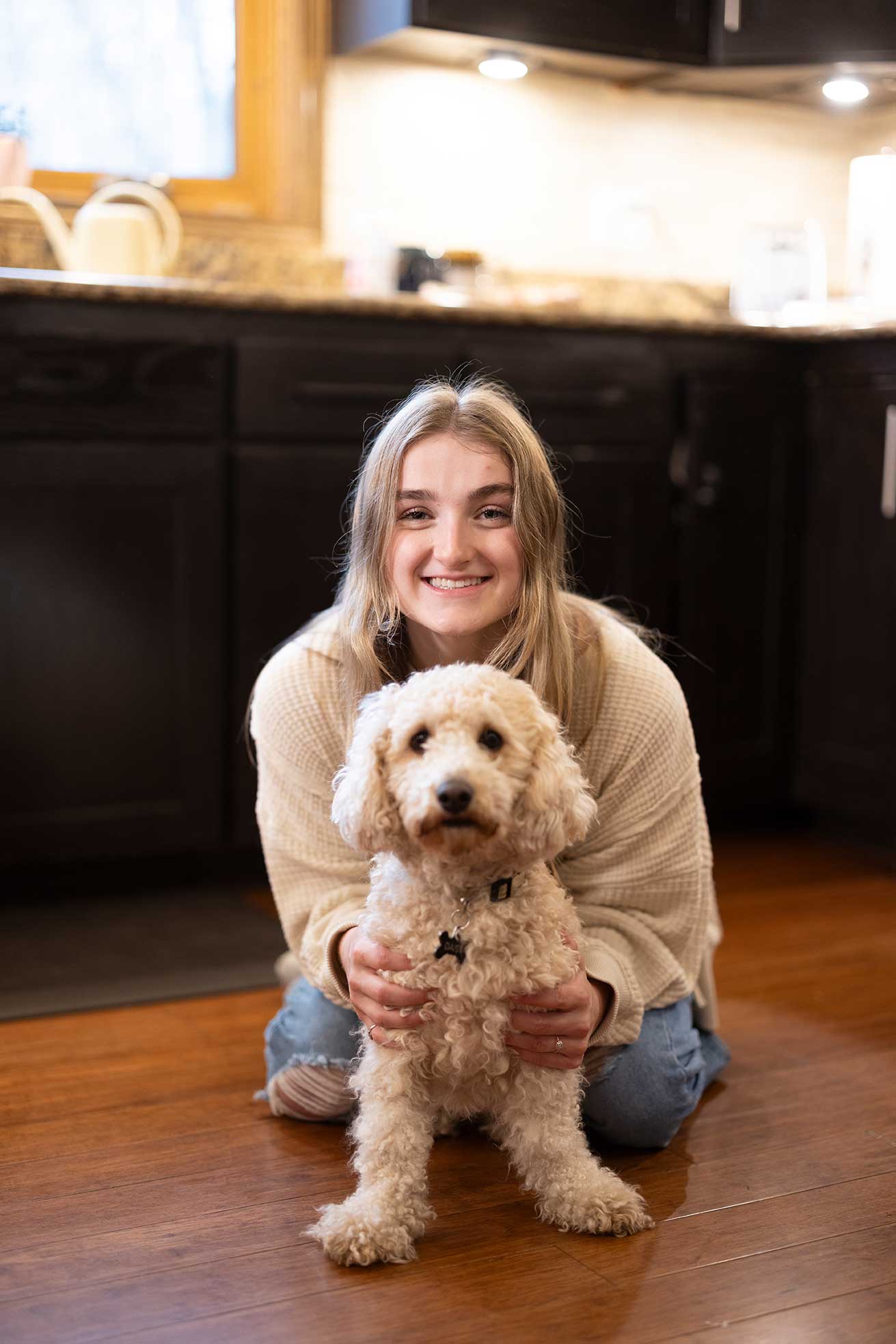How do people manage the emotional turmoil caused by a traumatic life event? The kind of pain that surfaces at unexpected moments, splashing into life and relationships without warning. For the Fermenich family, their saying is: “Take a deep breath and just keep swimming.” Tune into humor and hold onto faith.
“It’s OK to talk about your trauma. That’s always up to you and your comfort level. It’s powerful to share your story. You can change a life.”
—Abby
Use the skills learned in therapy that remind you of just how resilient, artistic and wonderful you are—even when you don’t always feel that way. Because finding light in the face of darkness isn’t always easy. It takes practice.
“I grew up too fast: I didn’t have a childhood. Five-year-olds shouldn’t learn what I did,” says Abby Fermenich, 17.
She had been in therapy for years. But when her family moved to Arizona, finding high-quality mental health care, close to home, was much harder. Upon returning to Duluth, they turned to Amberwing – Center for Youth & Family Well-Being in the fall of 2020 for a kind of full-spectrum, transformative care that had once helped Abby’s older sister. The only catch: the 15-day intensive outpatient experience had to be done online.
“I hated it at first, because it pulled me out of my comfort zone,” Abby says. But she soon opened up, made friends and engaged—rather than fall asleep—in group and individual therapy.
“There was a big transformation,” says Sigurd Haller, a psychotherapist who runs Amberwing’s teletherapy program for middle and high school students.
He says virtual therapy can be challenging for some and great for others, so therapists stay alert for signs of success. Like when youth start smiling and interacting more. When they’re less angry or irritable. Or when they’re getting more sleep and school performance starts improving.
“With changes in thought, we notice changes in behavior,” Haller says. “We meet kids where they are. We validate them and help them identify and build on their strengths.”
Abby’s favorite part of the program was art therapy. It’s one of her passions and a great source of comfort, just like her cat, Remy, and the church youth group where her leadership skills have blossomed over the years. She finds strength in humor, bonding with her sister and father—who’ve also experienced PTSD—over jokes that her mom doesn’t always understand but appreciated. The family motto, after all, is “live for the awkward moment.
The program was “simply incredible” for its ability to foster healthy interaction, says Abby’s mom, Julie Fermenich.
Sometimes it’s about learning to just communicate with each other, so we can read one another properly,” Julie says. “Our family has been through a lot. I’m grateful we can lean on each other if one person isn’t in a good spot. There’s always an anchor for someone to hold on to.”
The family practices tuning in and riding out waves of discomfort by using the Dialectical Behavior Therapy (DBT) skills they learned at Amberwing. Abby uses DBT approaches like “push away” to distance herself from painful thoughts and “cope ahead” to deal with unknown outcomes, like whether a friend will text back or not. Practicing these skills has been a stabilizing force. And it’s helped remind them that no matter what happened in the past, no one can ever take away their hope. And no one can stop Abby from bravely sharing her story.
“It’s OK to talk about your trauma. That’s always up to you and your comfort level, Abby says. “It’s powerful to share your story. You can change a life.”

